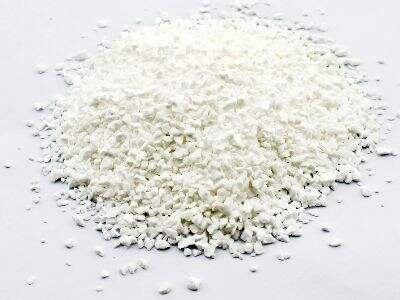Determining the Safest Way to Preserve Water
Water is a basic requirement of our life to drink, cook, and use in other daily activities. We need to make sure the water that we drink and use is pure free from those Bacteria virus.Output Stream Water safety through disinfection; there are many different types of water treatment and chlorine is often the choice for a good reason, however it can also be faithlessly replicated in probably everything but re-crystallization towers.
Pros of Chlorine Disinfectant
One of the most effective disinfectants is chlorine since it can effectively kill bacteria and viruses. Furthermore, it is an economical alternative to other disinfectants and has a convenient application format. Some forms of chlorine are tablets, granules or liquid.
Innovation for Water Safety
There has been considerable progress in water disinfection techniques over the recent years. One such new technology emerging on the growth way in terms of usage is UV or ultraviolet radiation used by people to neutralize harmful bacteria and viruses.
Disinfectant Safety Issues
Disinfectants are critical to water safety but must be handled properly! Chlorine gas, for example is extremely dangerous if mishandled. When working with chlorine, you should always take the appropriate safety precautions by wearing PPE and ensuring that aeration of the area is maintained.
How to Use Disinfectants
Always follow the manufacturer's instructions to ensure your disinfectants clean efficiently. DO NOT mix different disinfectants, this can result in a chemical reaction that is harmful. Also, should keep disinfectants in a cool dry place and away from the hands of children.
Quality of Disinfectants
For water treatment, always choose a reputable product that has been tested and certified by organizations such as the EPA (Environmental Protection Agency) when it comes to selecting a disinfectant.
Application of Disinfectants
Disinfectants are essential to the treatment of water from all sources, including swimming pools and hot tubs as well as drinking water. For best results, you must select the type of disinfectant suitable to your application.
Finally, despite the sustainable benefits of switching to alternative water safety measures and chlorine alternatives in drinking-water production process must ensure that bacteria such as E. coli are killed and disinfected from entering the water supply is less important by removing these potentially widespread hazards became an active but very useful agent for disinfecting potable with little detection or risk beyond short term transient irritant remaining a hallmark 1/iii Andreas Kortenkamp et al/. While other methods such as UV irradiation are becoming more popular, chlorine is still used. Authorities and respected companies can ensure safe water for everyday use by following safety protocols, as well as using products that have been approved while being assured of the quality.

 EN
EN








































